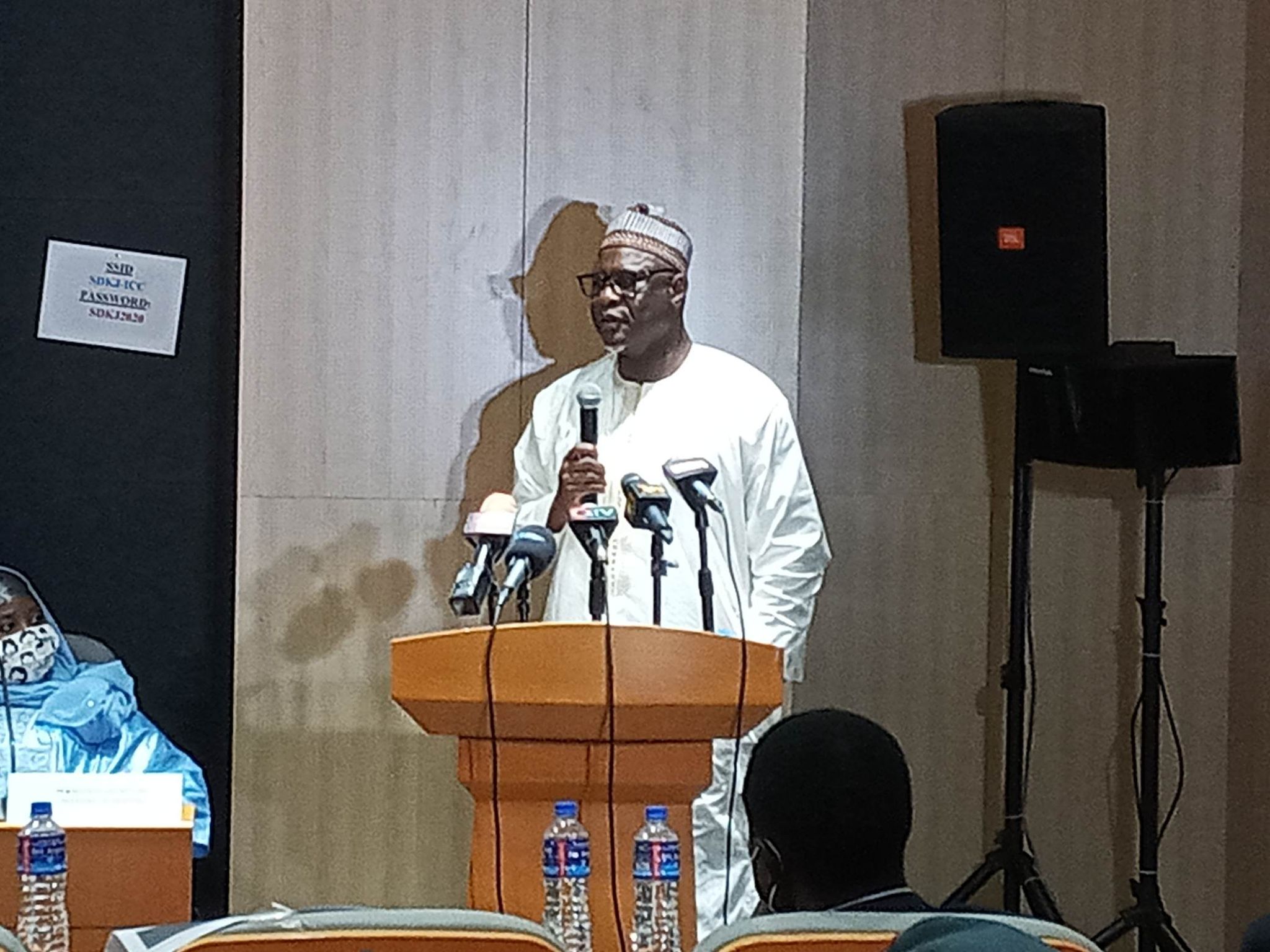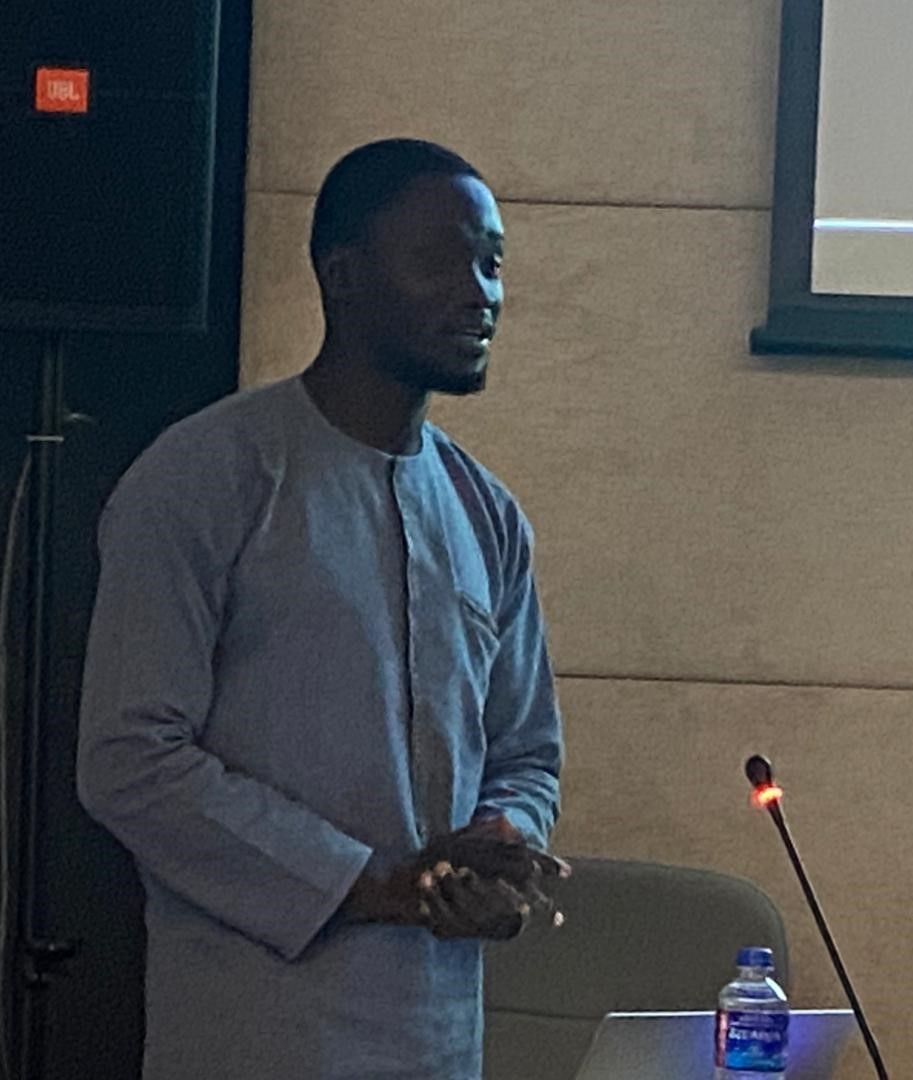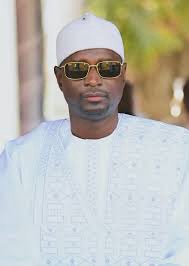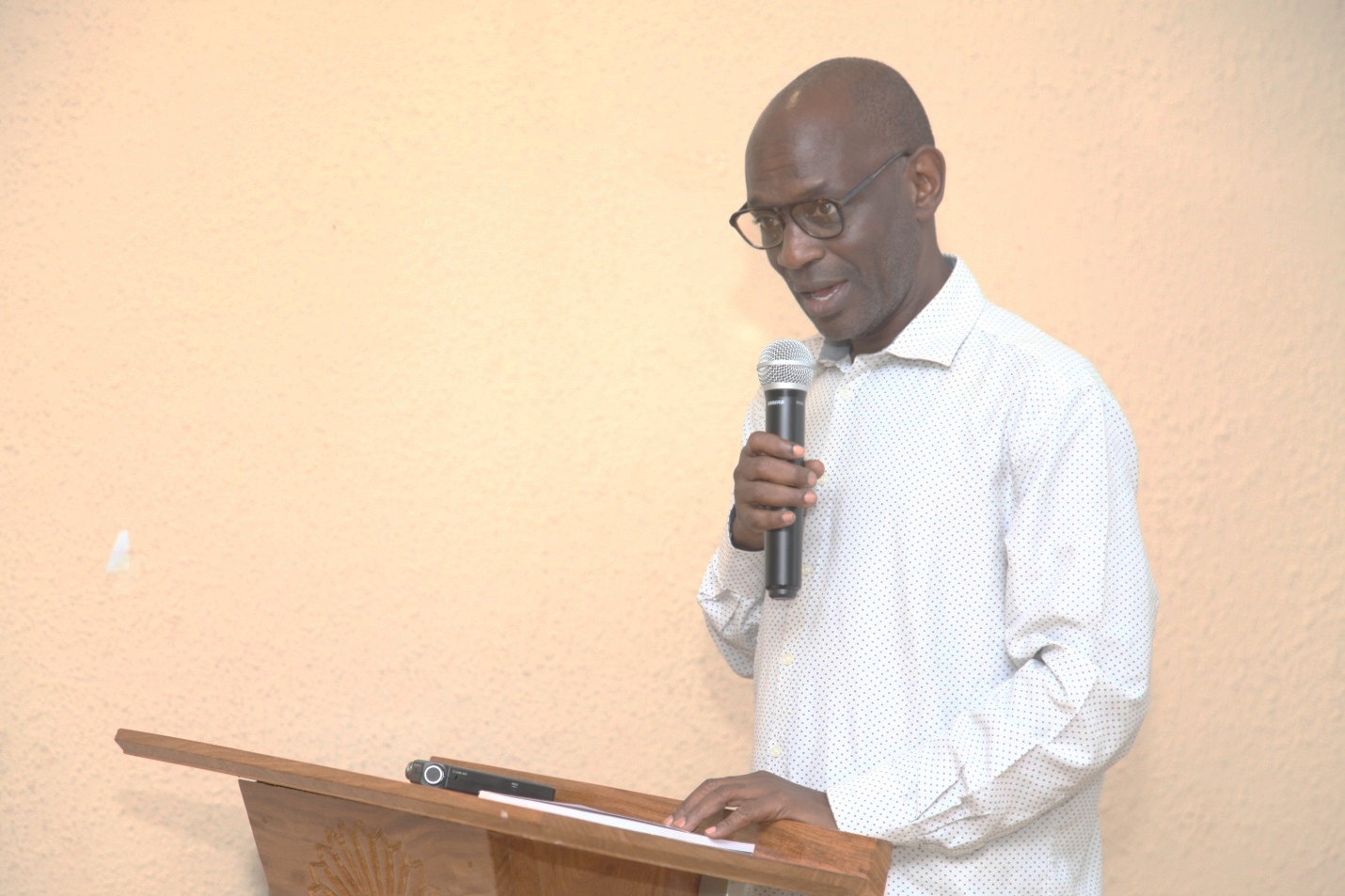By Kebba Ansu Manneh
Honorable Shiekh Omar Faye, Gambia’s Minister of Defense has disclosed that the National Defense Policy will detail the types of military needed to addressing the threats to country’s territorial integrity.
Minister Faye disclosed this at the opening ceremony of a two days validation exercise of the National Defense Policy that brought together different stakeholders to scrutinise the content of the defense policy document.
“The Gambia National Defense Strategy Policy details the types of military needed to addressing the threats to the territorial integrity of the country. It offers a broad recommendations and appropriate structures that will ensure relevance, fit for purpose and appropriate resources for the long time,” Defense Minister Fye revealed.
According to him, the draft National Defense Policy took its direction from the National Security Strategy (NSS) and the Security Reforms Strategy (SRS) and reflects the broader implications for this important security relevant to the country. Adding that, the policy laid out the contribution of the different institutions in close partnership with other security institutions in The Gambia which made up the National Security Strategy.
Minister Fye further disclosed that the process started in 2017 with the security sector assessment exercise which vowed to analyse the opportunities and challenges the country faces in delivering an analytical, transparent, professional, apolitical and responsive services for the country.
“This strategic move and critical analytical exercise helped to inform the first ever national security policy which was published in 2019. The policy articulated the national principles, beliefs and aspirations,” Defense Minister Faye explained.
He said the National Security policy has taken into consideration broad approaches in the concept of national security based on all critical aspect of human security, adding that it also provided initial sets of intentions and brought issues that will inform the general direction for all relevant security institutions.

For his part, Chief of Defence Staff, Lieutenant General Yankuba Drammeh said the event is historic to both the country and Armed Forces, saying the defense policy is an integral part of Gambia’s foreign policy which includes its territorial defense policy against external aggression.
CDS Drammeh continued that the National Defense Policy will provide the necessary guiding principles to national priorities. He argued further that a state that lacks basic capabilities such as political, economic, industrial and technology to sphere establish strong national defense and security structures is undoubtedly, exposing itself to security risk.
The Army Supremo observed that though The Gambia has other regulatory frameworks, the absence of a National Defense Policy has to some extent contributed to lack of the basic capabilities to establish a strong defense and security structures. And lack of such policy could expose The Gambia to security threats and challenges which could undermine its independence, sovereignty and development.
Lieutenant General Yankuba Drammeh went on explained that The Gambia National Defence Policy will serve as a policy framework to harmonise the collective national interest with the available resources in designing strong defense strategy and national security. Also, it will enable the Gambia Armed Forces to possess the right capability of defending the nation’s territorial and its people.
He therefore applauded the British High Commission for providing the funding for the drafting exercise, while paying special gratitude to the drafters of this important document for a good job done.

British High Commissioner David Belgrove reiterated the importance of the National Defence Policy, noting that without a clear cut policy it will be difficult for the securities to work effectively.
He commended the pivotal roles Gambia Armed Forces continue to play in international peacekeeping operations, adding that British government will continue to provide the needed support in actualising this important national policy document.





